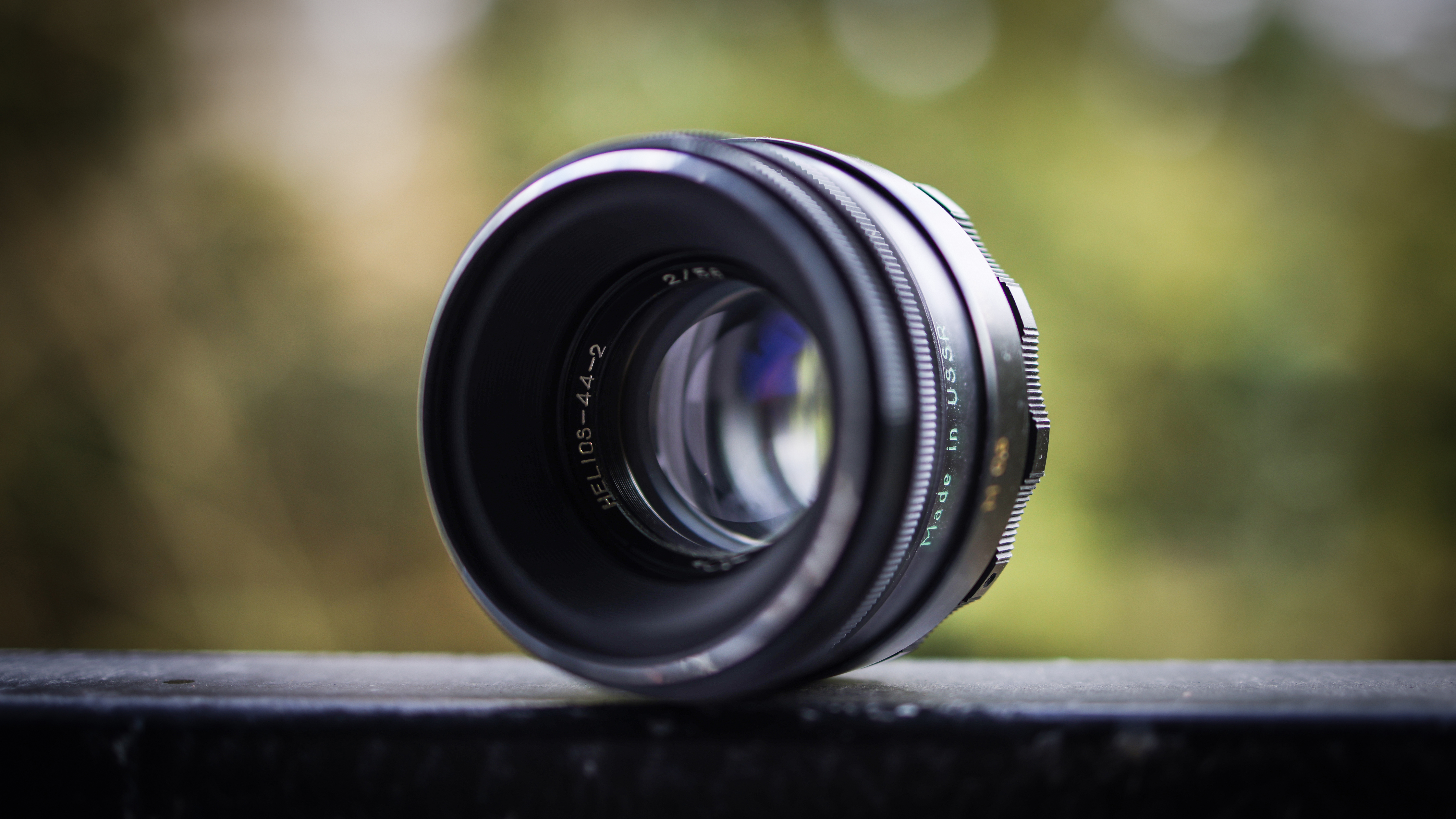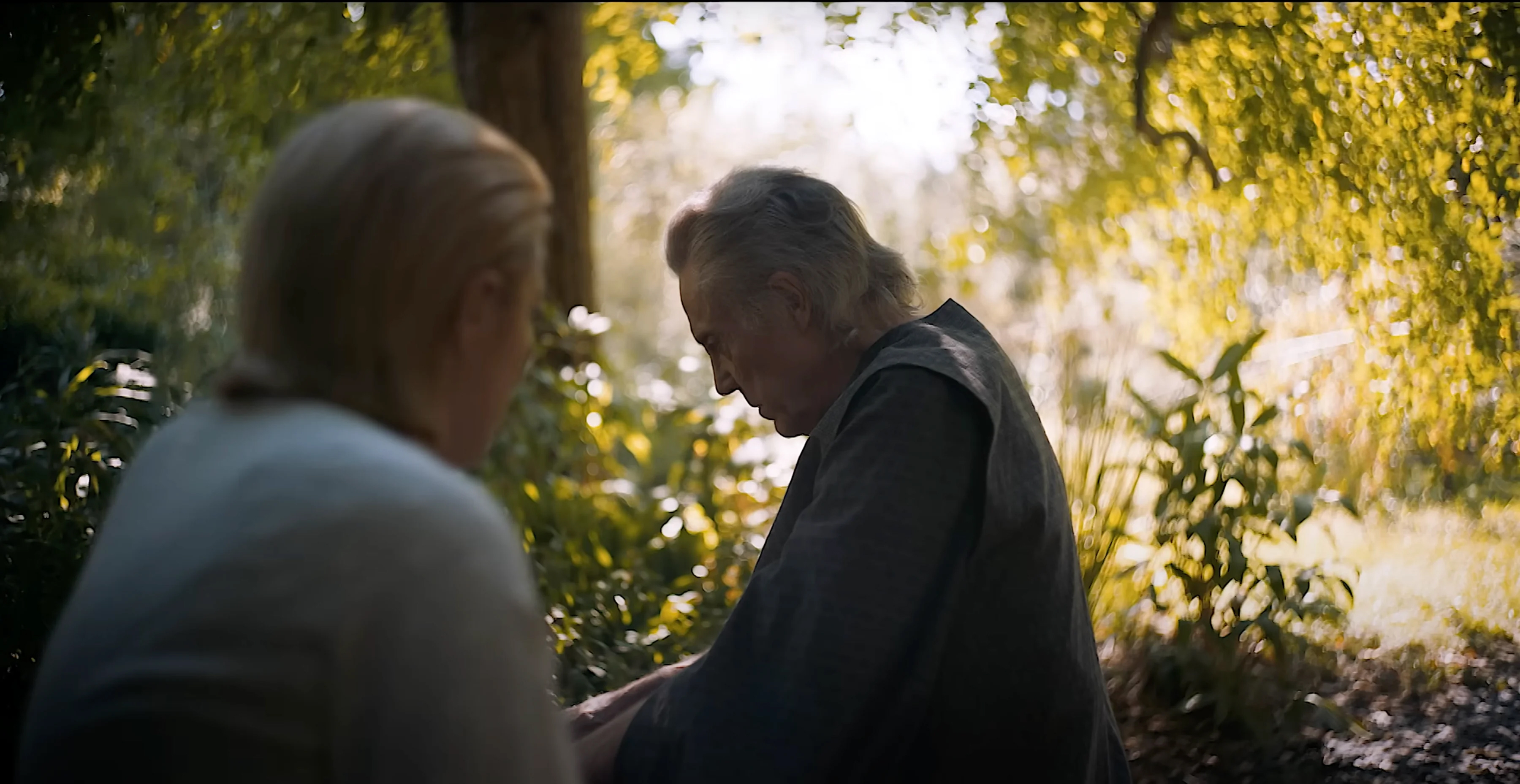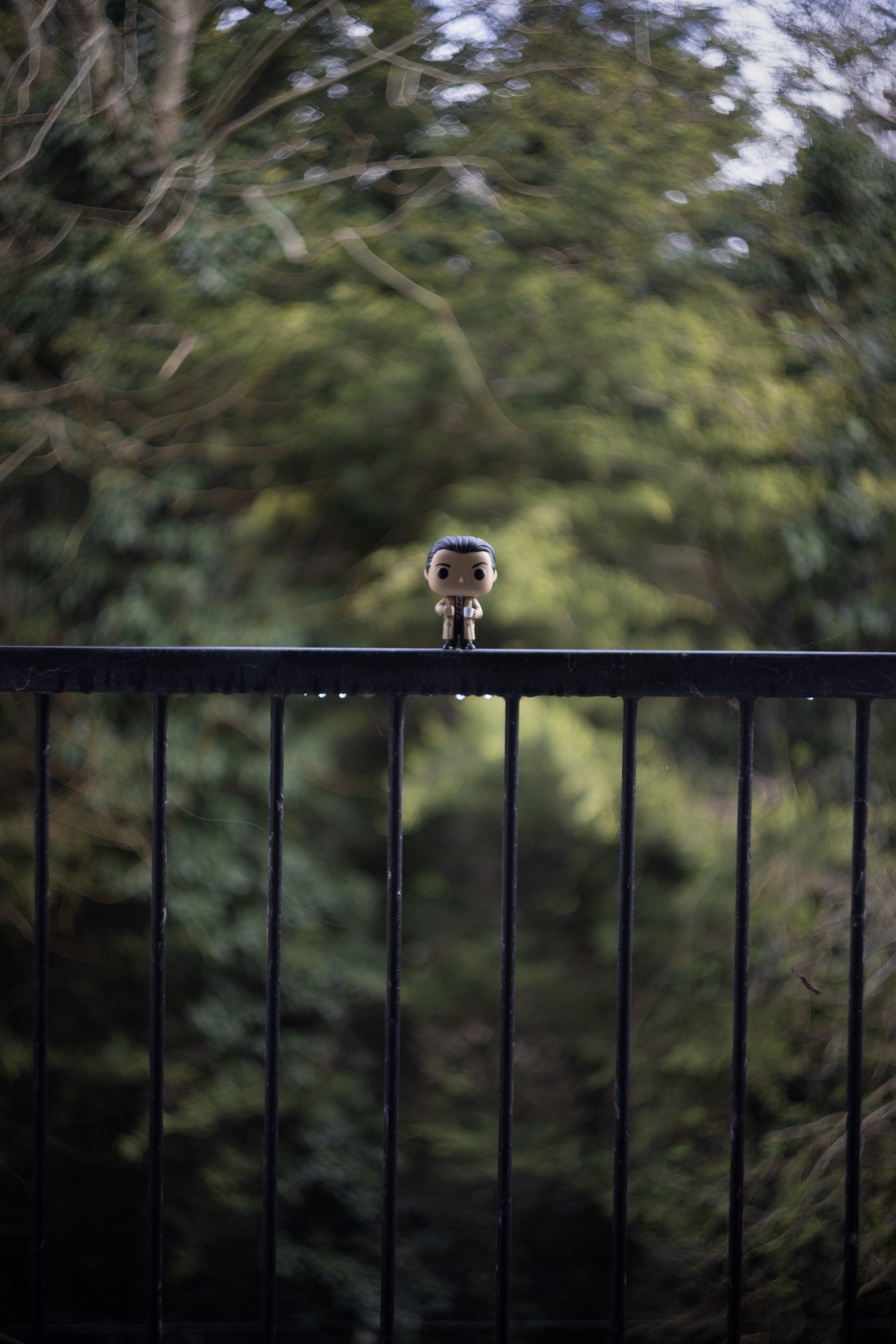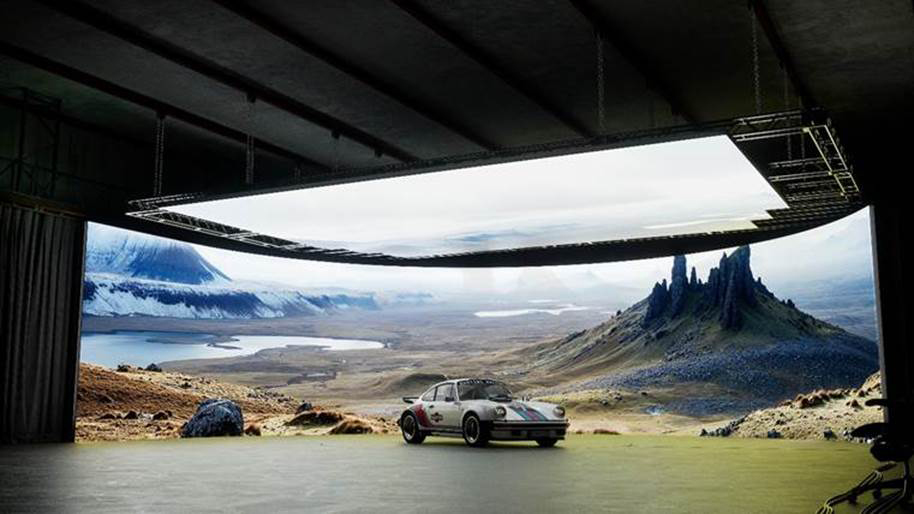$190 million Dune: Part Two used this $50 Russian camera lens
Dune: Part Two made headlines for its visuals, and one of the $190 million movie's tools is this $50 vintage Russian lens

Dune: Part Two boasts some of the most stunning visuals ever committed to celluloid. And among the lenses used to film this $190 million blockbuster was this $50 vintage bootleg lens, made in the Soviet Union in the 1960s.
It's the Helios 44-2, a beloved bit of glass in the vintage lens community for its signature Petzval "swirly bokeh". Apparently this characteristic is loved by Dune: Part Two's cinematographer, Greig Fraser, too, as he selected a specially modified Helios as part of the eclectic lens outfit for the movie.
"The Soviet glass was especially well suited to what we were doing; we used them all in harmony, effectively," Fraser told Arri Rental, which provided the large format Alexa LF and Mini LF cinema cameras, and rehoused 1980s Moviecams used to film the feature.
"What I love about 65mm [large format] is that it removes restrictions for me, opening up so many more lens options. You can work with lenses originally designed for smaller formats, where you see parts of the glass that were never intended to be seen."
So what does this swirly bokeh look like? Here's a shot from a scene in Dune: Part Two that uses the Helios 44-2:

And here's a photograph I quickly took in my back yard on my own Helios 44-2, to illustrate the same effect.
(For any eagle-eyed readers, yes, that is a Pop! of Special Agent Dale Cooper, played by Kyle MacLachlan, as a little nod to the original David Lynch Dune.)
Get the Digital Camera World Newsletter
The best camera deals, reviews, product advice, and unmissable photography news, direct to your inbox!

While at its heart the lens used by Fraser is the same as my m42 copy, which is so small that it fits in the palm of my hand, the one used for Dune was re-housed by Ukranian optical specialist IronGlass.
"Almost two years of waiting and finally we can say that IronGlass lenses were actively involved in the filming process," the company shared on Facebook.
"The development of this body and mechanics was started in 2021, at the beginning of 2022, the next prototypes were made, and then there was the war… Despite the difficult times, the team continued to work, some on the ground, some remotely from the trenches. I'm really glad we got the pre-series irons done in time for Greig Fraser, and he put them to full use on the Dune set."
This isn't the first time Fraser has used the Helios 44-2, which also featured in 2022's The Batman. When an Instagram user opined to IronGlass that the price of the lens was going to skyrocket now that word was out, the company replied: "Original optic will still be affordable. Everyone can still experience this lens for $50 and if they like enough to rehouse it, @ironglassadapters is there to help 🙏"
A post shared by IronGlass | Rehoused Vintage Lenses for Filmmaking (@ironglassadapters)
A photo posted by on
If you're interested in picking up one of these lenses for yourself, take a look on eBay where you're looking at $50 on average – but there's a lot of latitude on the top and bottom book.
That's because there's a lot of variation in the Helios 44-2. While it was a Soviet clone of the Carl Zeiss Biotar 58mm f/2, it was made for a long time in a number of mounts, with different versions having a different number of aperture blades and elements. Some are more prized than others, with prices varying accordingly.
My advice is to go for an m42 mount version that looks like mine – this is the one that people are generally talking about when they recommend the lens. I love mine and, while the optical performance isn't for everyone, that unique bokeh can be a whole lot of fun to play with.

You might be interested in the best vintage lenses, which look and work great on both the best film cameras and the best retro cameras!

James has 22 years experience as a journalist, serving as editor of Digital Camera World for 6 of them. He started working in the photography industry in 2014, product testing and shooting ad campaigns for Olympus, as well as clients like Aston Martin Racing, Elinchrom and L'Oréal. An Olympus / OM System, Canon and Hasselblad shooter, he has a wealth of knowledge on cameras of all makes – and he loves instant cameras, too.
